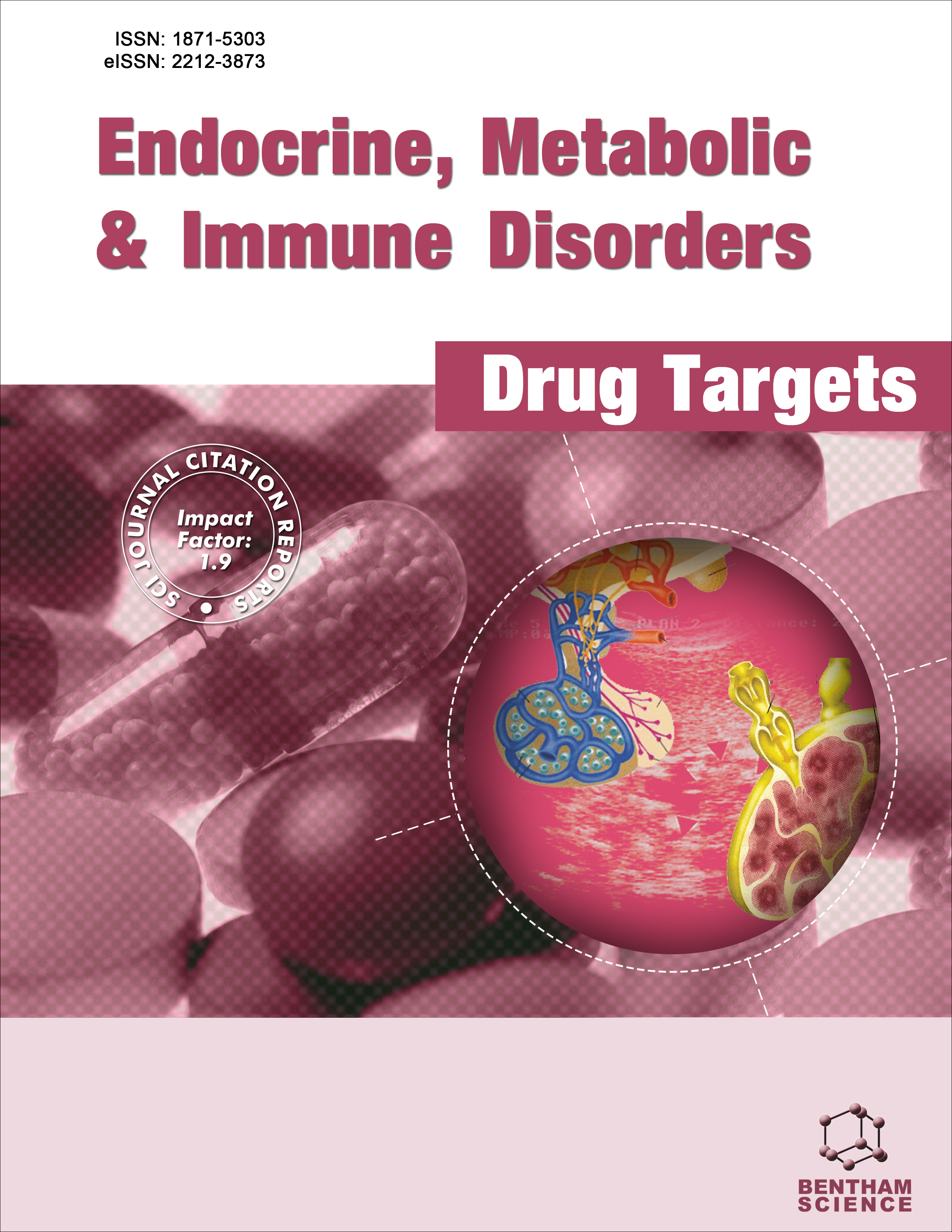-
s VIP in Inflammatory Bowel Disease: State of the Art
- Source: Endocrine, Metabolic & Immune Disorders-Drug Targets, Volume 12, Issue 4, Dec 2012, p. 316 - 322
-
- 01 Dec 2012
Abstract
The pathogenesis of inflammatory bowel syndrome (IBD), which includes Crohn’s disease (CD) and ulcerative colitis (UC) is poorly understood. However, an inflammatory component is a common hallmark. It has been suggested that CD principally involves Th1 and/or Th17 cells, while UC is considered to be more Th2 driven. Because vasoactive intestinal peptide (VIP) has emerged in the last decade as a putative candidate for the treatment of inflammatory diseases with a Th1 component, it may as well serve as a therapeutic target in CD. In addition, experiments using mice deficient in VIP or its receptors have revealed that the endogenously-produced VIP may participate in the regulation of immunity. The aim of the present review is to summarize the quite considerable array of data which suggests that the VIP-receptor system plays a key role in modulating multiple molecular and cellular players involved in IBD.


